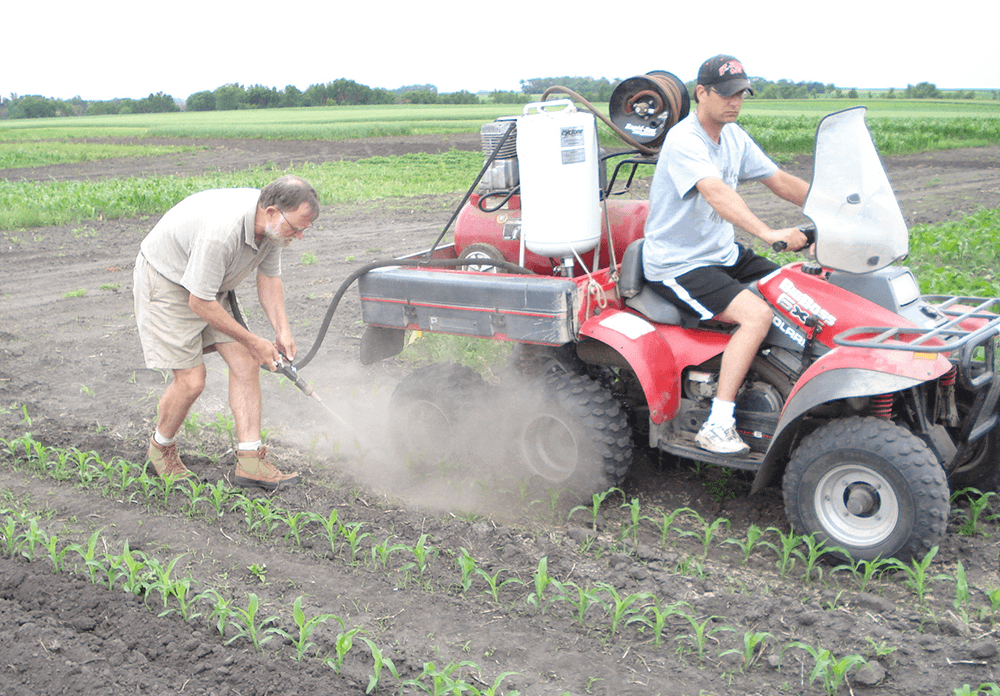Land management
Highly touted REDD program still looking for footing in Indonesia, four years later
The REDD program, facilitated by the United Nations, seeks to preserve crucial forests using financial incentives and markets. But in four years since opening shop in Indonesia, the program has struggled to make a meaningful start.
Paper Trees in Precious Ground
Plantation industries have taken root across much of Southeast Asia’s peatland forests, disturbing habitat with the highest carbon content in the world. The release of carbon from Indonesia’s vast and deep peatlands has made this developing country the world’s third largest greenhouse gas emitter. Some forest experts say slowing this release could be one avenue for quick action on global warming. But how and whom to pay to stop Indonesia’s carbon hemorrhaging in places like Riau province remains unclear.
China’s big hog farms pose a big antibiotic resistance risk
A recent study found high levels of multiple-antibiotic-resistant bacteria on Chinese pig farms. It’s setting off new alarm bells about the heavy use of antibiotics in livestock. There’s a high likelihood the bacteria could jump from pigs to humans.
Research into genetic modification of trees may enable more deforestation
Scientists are studying how to genetically modify desirable trees in order to make them more commercially beneficial. They say it will allow us to grow more productive trees on less land, protecting natural forests — but environmentalists say it will just increase deforestation by giving businesses something better to do with the land.


(NRCS_Photo_Gallery).jpg&w=1920&q=75)